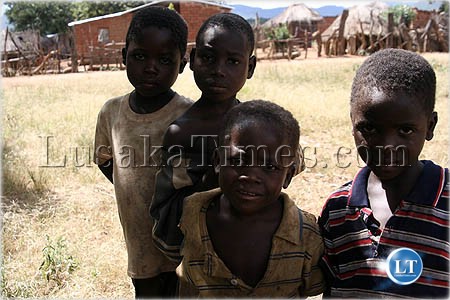Fox News has been the top rated cable news channel for the last 14 years, besting the competition throughout the day and in primetime - and now dominating the rest of the cable world, according to Nielsen Media numbers. Among 120 top cable networks, Fox New is ranked second only to ESPN.
There’s a reason for all of this, and most analysts cite the influence of Roger Ailes, the canny and powerful chief of the network - which will celebrate 20 years on the airways in 2016. Mr. Ailes has been named this year’s most influential person in political news by Mediaite.com, the nimble news site for those who wonder, worry or obsess over the intersection of politics, culture, press and media.









































